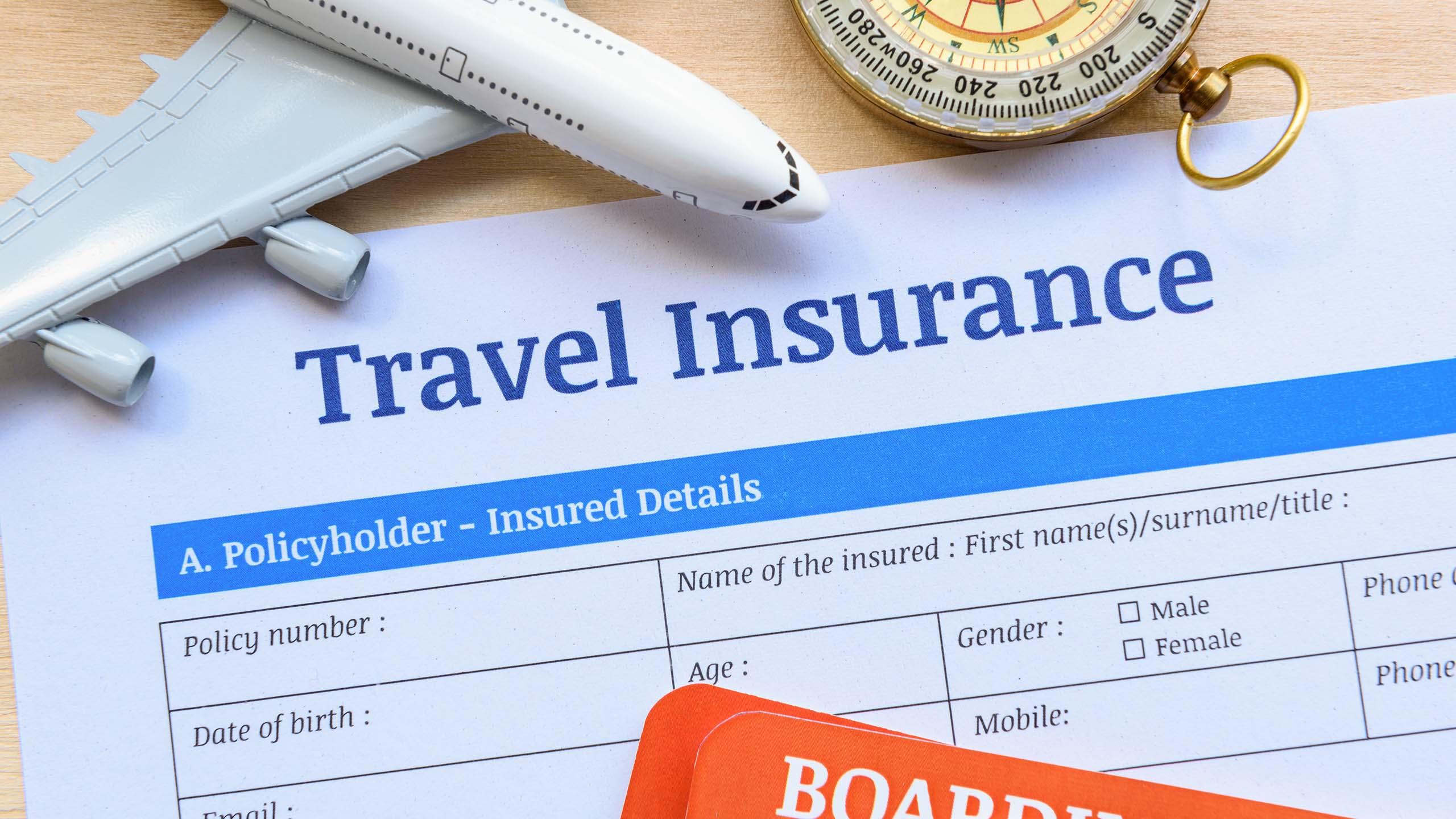In today’s fast-paced global economy, business travel has become an integral part of many professional roles, offering opportunities for growth, networking, and expansion. However, amidst the hustle and bustle of airports and boardrooms, the unpredictable nature of travel can pose significant risks, potentially turning a productive trip into a logistical nightmare. This is where the critical importance of travel insurance for business trips comes into play. Travel insurance acts as a safety net, providing peace of mind and financial protection against unforeseen events such as flight cancellations, medical emergencies, or lost luggage. By understanding and embracing the benefits of comprehensive travel insurance, business travelers can focus on their objectives with confidence, knowing they are shielded from the unexpected disruptions that could jeopardize their professional endeavors.
Understanding the Risks of Business Travel and How Insurance Can Help
When embarking on a business trip, professionals often face a myriad of risks that can disrupt their plans and lead to unforeseen expenses. These risks range from flight cancellations and lost luggage to more serious concerns like medical emergencies in a foreign country. Understanding these potential pitfalls is crucial for any business traveler aiming to protect both their personal well-being and their company’s financial interests.
- Flight Delays and Cancellations: Business meetings often operate on tight schedules, and a delayed or canceled flight can lead to missed opportunities. Insurance can cover the costs of rebooking and accommodation during unexpected layovers.
- Medical Emergencies: Falling ill or having an accident in a foreign country can be both frightening and expensive. Comprehensive travel insurance often includes coverage for medical expenses, ensuring access to necessary care without the stress of exorbitant costs.
- Lost or Stolen Luggage: Losing your luggage can mean losing essential business documents and equipment. Insurance can provide compensation for lost items and even cover the costs of purchasing emergency replacements.
Incorporating travel insurance into your business travel plans is not just a precaution but a strategic decision that safeguards against the unpredictable nature of travel. With a robust policy in place, you can focus on your business objectives with confidence, knowing that potential setbacks are covered.

Comprehensive Coverage: What to Look for in a Business Travel Insurance Policy
When evaluating a business travel insurance policy, it’s crucial to ensure that it offers comprehensive protection tailored to your specific needs. A robust policy should encompass a wide range of coverage areas to safeguard against unforeseen circumstances. Here are some key elements to consider:
- Medical Coverage: Look for policies that cover medical emergencies, hospital stays, and medical evacuations. Ensure it includes coverage for pre-existing conditions if applicable.
- Trip Cancellation and Interruption: Verify that the policy provides reimbursement for trip cancellations or interruptions due to unforeseen events such as illness, natural disasters, or work obligations.
- Baggage and Personal Belongings: Ensure coverage for lost, stolen, or damaged baggage and personal items. Check if there are limits on specific items like electronics.
- Travel Delay and Missed Connections: Policies should compensate for expenses incurred due to travel delays or missed connections, including meals and accommodations.
- Liability Coverage: Consider coverage for personal liability, which can be crucial if you accidentally cause damage or injury during your trip.
- 24/7 Assistance: Ensure access to a reliable 24/7 assistance service that can help with emergencies, travel advice, and claims processing.
By ensuring these elements are part of your policy, you can travel with peace of mind, knowing you’re protected against a variety of potential disruptions and emergencies. Always read the fine print and understand the terms and conditions to avoid any surprises when you need to make a claim.

Navigating Claims: Ensuring a Smooth Process When You Need It Most
When the unexpected happens during a business trip, knowing how to effectively navigate the claims process can save you both time and stress. Travel insurance is designed to provide a safety net, but understanding the nuances of filing a claim is crucial. To ensure a smooth experience, begin by keeping detailed records of all travel-related documents. This includes:
- Flight itineraries and boarding passes
- Hotel and accommodation receipts
- Medical reports if applicable
- Proof of expenses such as meal and transport receipts
It’s also essential to familiarize yourself with your policy’s coverage and limitations. This knowledge allows you to act swiftly, whether it’s contacting your insurance provider immediately after an incident or knowing which forms need to be filled out. By being proactive and organized, you can ensure that the claims process is as seamless as possible, allowing you to focus on your business objectives without unnecessary distractions.

Expert Recommendations for Choosing the Best Travel Insurance for Your Needs
When selecting a travel insurance policy tailored for business trips, there are several critical factors to consider. First, evaluate the coverage options to ensure they align with the specific risks associated with business travel. Key coverage areas to look for include:
- Trip Cancellation and Interruption: Safeguard against unforeseen events that might cause you to cancel or cut short your trip.
- Medical Emergencies: Ensure you have adequate coverage for medical expenses and emergency evacuations, especially if traveling internationally.
- Lost or Delayed Baggage: Protect your essential business equipment and documents from loss or delay.
- Travel Delay: Look for compensation for delays that might disrupt your meeting schedules.
Additionally, consider the insurer’s reputation and claim process efficiency. Opt for companies known for their reliable customer service and straightforward claims handling. Comparing quotes from multiple providers can also help in finding a policy that balances cost with comprehensive coverage. always read the fine print to understand exclusions and limitations that might affect your coverage during the trip.

